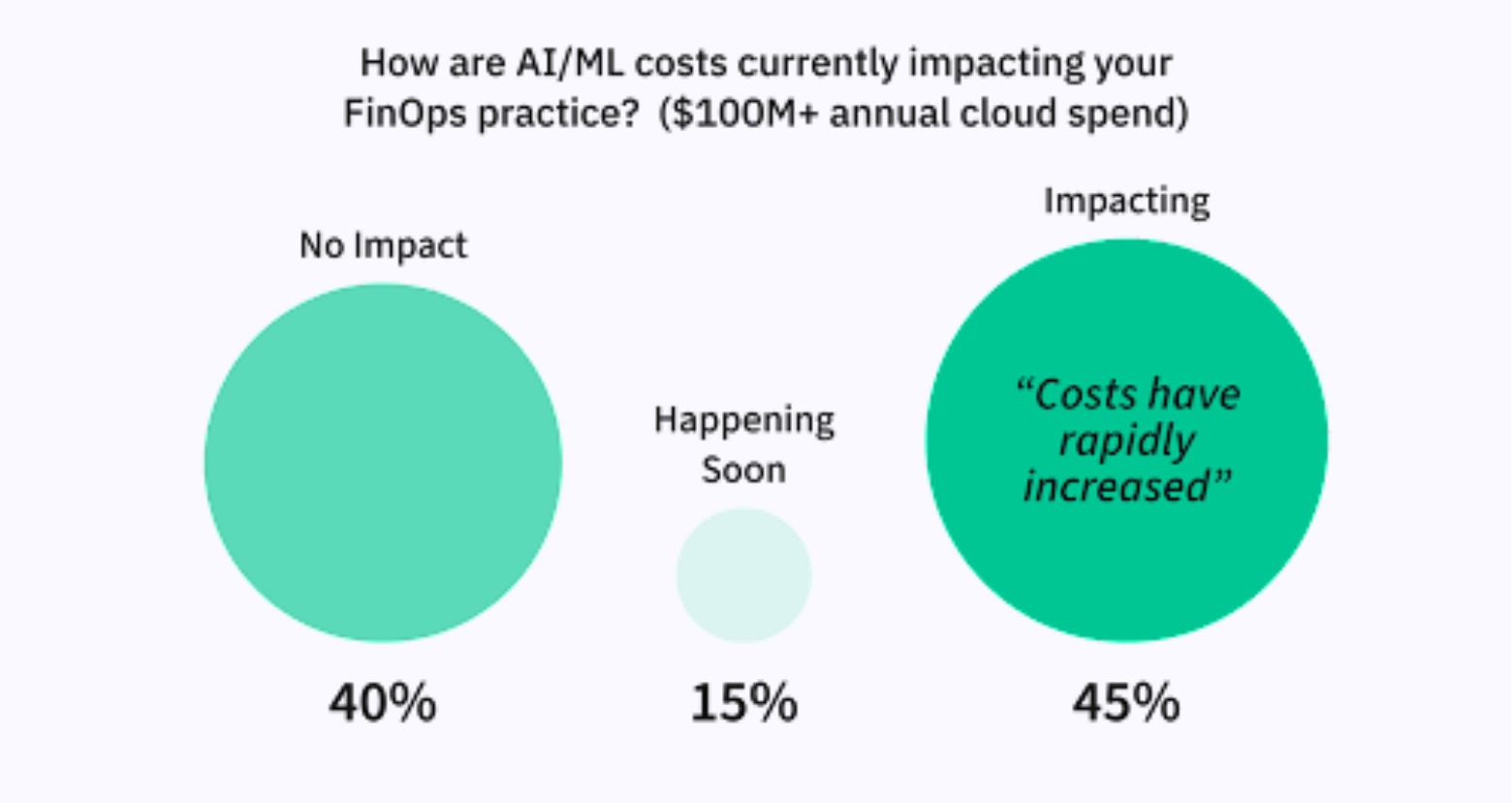Cloud adoption is growing at an astounding rate, with companies big and small undergoing digital transformation towards cloud computing. In the Gartner 2017 CIO Agenda report, cloud services and solutions was ranked as second among top technology investments, so if the business world is right, cloud transformation will continue to grow for the foreseeable future. But what is it that drives this expansion? Is it simply the inevitable march of progress, or is something more human causing the rapid growth of cloud computing and communications?
The incredible potential of the technology is obviously a part of what is driving it forward. With no need to install or purchase hardware—yet with instant scalability—businesses have the flexibility and freedom to expand. In a recent report on cloud communications adoption, RingCentral stated: “Key reasons the cloud is winning out over on-premise hardware include the rise of mobile workers and distributed workforces—including telecommuters and employees in multiple locations or global offices. ‘Work’ was once the place where people would go in the morning. Now it is a thing people do anywhere, 24/7, using virtual workspaces and mobile communications.”

The freedom to work from home, which technology has now allowed for, provides numerous advantages for employees and employers alike. According to a 2017 Gallup survey, more US workers are working remotely than ever before, with around 43 percent of employed Americans spending at least some time working remotely. This is up four percent from 2012. This increase could be attributed, at least in part, to the redefinition of where work begins and ends; until mobile phones and email, most workers had no way to be contacted outside of work.
Sarah Sutton Fell, CEO of FlexJobs, rightly pointed out that work comes home with us more than ever before, commenting that, “It depends on your definition of ‘remote’…In most white-collar jobs, I’d say 99% of people are already working remotely, in that they take work home. It creeps into our work style already. I think it’s just not formalized by either the employer or employee.”
So, if you check your emails on the weekend or take phone calls in the evening, you could be considered a “remote worker.” However, the ease of communication in the digital age and the relaxation of traditional work structures does mean people are more willing and able to work from home. Gallup concluded that: “Flexible scheduling and work-from-home opportunities play a major role in an employee’s decision to take or leave a job…Employees are pushing companies to break down the long-established structures and policies that traditionally have influenced their workdays.”
Remote work can help to improve an employee’s efficiency. A ConnectSolutions survey found that 30 percent of workers felt telecommuting meant they accomplish more in less time while 24 percent stated they were able to accomplish more in the same amount of time. It can also help to lower stress, boost morale, and reduce employee turnover—key assets for businesses in today’s world. A Stanford University study found that remote work options meant that “job attrition rates fell by over 50 percent.” The arrangement was described in the report as “highly profitable” for the firm involved.
This growing population of remote workers is set to reach upwards of 100 million in the US by 2020, with cloud communications set to be at the forefront of this Workplace transformation. As the world becomes increasingly digitally interconnected, workplace boundaries are likely to become ever more blurred.
Sponsored series courtesy of Ring Central
By Josh Hamilton





